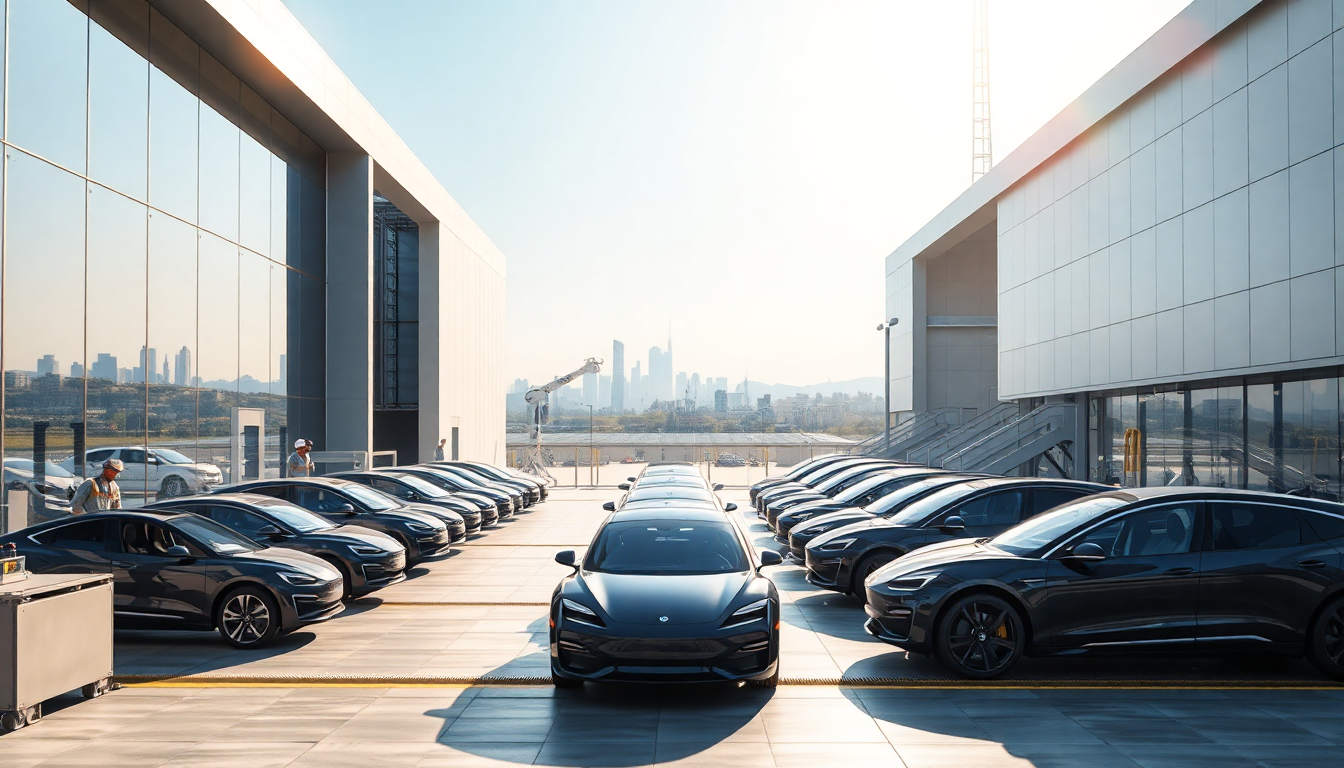Table of Contents
The electric vehicle (EV) market is really shaking things up in global trade discussions, especially when it comes to the relationship between China and the European Union (EU). As both sides get closer to resolving their ongoing tariff disputes, the conversation is shifting from technical details to the political will needed to seal the deal. This change underscores just how complex international trade can be, where market forces and political motivations are deeply intertwined.
Current State of Negotiations
Recent reports from Chinese state-affiliated media suggest that the technical negotiations over EV tariffs are almost wrapped up. So, what’s left? It’s all about the political will from the EU to finalize the agreement. This stage is crucial because it marks a shift from trade practices to the more sensitive area of political decision-making. The EU has been firm in addressing trade issues with China, especially concerning subsidies and market distortions.
Over the last two years, the EU has been proactive in challenging China on several trade fronts, launching investigations into alleged dumping practices and government subsidies that some argue give Chinese manufacturers an unfair edge. The outcomes of these investigations could dramatically reshape the EV tariff landscape and, by extension, the entire automotive market.
The Implications of Political Will
So why is political will such a big deal here? Essentially, it represents the commitment of EU leaders to prioritize resolving the tariff dispute against a backdrop of ongoing trade tensions. Political will can take many forms, from diplomatic discussions to actual legislative actions aimed at smoothing out trade agreements. The extent to which EU policymakers are willing to engage constructively with their Chinese counterparts will ultimately decide the fate of these negotiations.
Additionally, the political climate within the EU plays a huge role in shaping outcomes. With differing opinions among member states on trade relations with China, reaching a consensus can be a tricky business. Each country brings its own economic interests and political considerations to the table, which complicates the negotiation process even further. Can they find common ground?
Future Outlook and Market Impact
Looking ahead, if the EV tariff dispute gets resolved, it could have significant repercussions for both the EU and Chinese markets. A successful agreement might open the door for increased collaboration in the EV sector, sparking innovation and boosting competitiveness. On the flip side, if they can’t come to an agreement, tensions could escalate, leading to retaliatory measures that disrupt the global supply chain. Who would want that?
As this situation unfolds, stakeholders in the automotive industry are keeping a keen eye on the political dynamics at play. The outcomes of these negotiations won’t just affect manufacturers; they’ll trickle down to consumers, too, since tariffs can directly impact vehicle prices and availability. In this fast-changing market, the dance between trade policy and political will is a crucial factor for success. Are we ready for what’s next?


